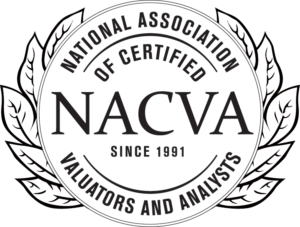According to an article by Lisa Quast, a contributing writer for Forbes, pre-employment assessments can provide benefits beyond hiring qualified candidates.
“I have found pre-employment tests to be beneficial in helping to screen and select the best candidates for jobs, but there are legal issues that can arise if the tests are not valid, reliable, or are improperly implemented. By helping companies identify the candidates most likely to perform well on the job, pre-employment testing can lead to additional company benefits, such as saving time and cost in the selection process, decreasing turnover, and even improving morale.”
These are the critical issues to understand prior to implementing any tests
1. Is the test reliable?
Is someone’s score on a test consistent over time? “For a test to be reliable, an individual’s score should be about the same every time the individual takes it (allowing for the effects of practice)” (Stanley, 2004, p. 12). If someone takes the test on one day and scores high, then takes the test a week later and receives a low score, the test is probably not very reliable. A test should consistently measure traits; otherwise it will be of little value in predicting a candidate’s future job performance. Similarly with validation, test reliability should be proven prior to the test being implemented.
2. Is the test valid?
Does the test measure the specific talent it is supposed to measure and can it predict future job performance? An employer should be able to demonstrate that those who do well on the test do well in performing the job and those who score poorly on the test perform poorly on the job. For example, if an employer can demonstrate that a typing test and skills tests using Microsoft Office software products constitute a fair sample of the content of an administrative assistant job, then the tests will probably be considered valid
3. Does the test violate any laws?
The Equal Employment Opportunity (EEO) aspects of pre-employment testing need to be considered. Because employment tests are periodically challenged in court, tests should not cause disparate impact on minorities or protected groups, and should be consistently applied to all candidates. Employers must make sure tests do not violate federal, state, or local EEO laws, including Title VII.
Here are five tips to assist you in making sure pre-employment testing delivers the desired business outcomes and is legally defensible:
- Choose the right tests and certify validity and reliability
- Ensure tests meet all EEO laws
- Conduct thorough research if purchasing tests from outside companies
- Avoid test questions of an overly personal nature or that are considered offensive
- Do not rely solely on test results to choose candidates
Administered correctly, pre-employment testing can help companies save time and cost in the selection process, decrease turnover, increase productivity, and improve morale.
Contributed by Donna Delbridge
Director of Operations
Talent Assessment & Development






